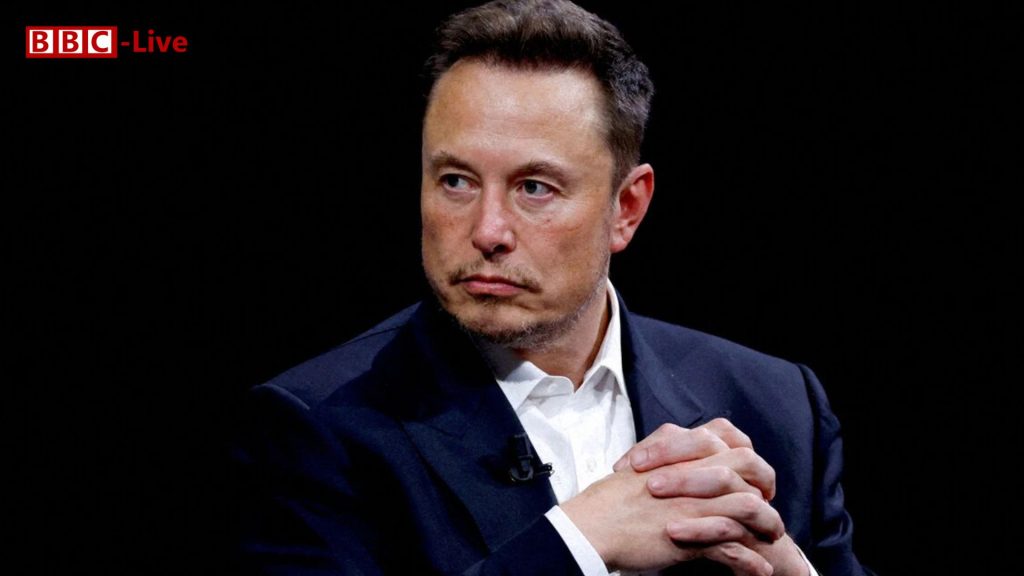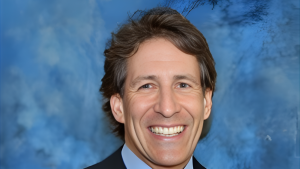
The Growing Influence of Elon Musk
Elon Musk is a figure of immense wealth and influence. His financial resources allow him to impact various aspects of society, raising serious concerns about the concentration of power in his hands. This narrative goes beyond Musk as a businessman; it portrays him as a quasi-political actor. His wealth can influence political elections and shape international regulations. Critics argue that Musk has become a “rogue state,” a label that reflects the potential dangers of such immense power concentrated in one individual.
The Impact of Wealth on Democracy
Musk’s wealth is staggering. To understand its scale, think of wealth as distance. If dollars were measured in meters, Musk’s fortune would extend all the way to Mars and back. In contrast, the fortunes of most millionaires would only cover small, regional distances. This extreme concentration of wealth is not merely a curiosity; it poses a significant problem for democracy.
Musk’s financial resources do more than just allow him to buy luxury items. They enable him to shape markets and influence politics. In doing so, he sidesteps accountability, presenting challenges to societal well-being. This dynamic is similar to how monopolies disrupt fair competition. Just as monopolies can skew markets in their favor, Musk can use his fortune to influence elections and create policies that benefit his businesses at the expense of the public good.
The Role of X in Political Discourse
One of the most notable examples of Musk’s influence is his acquisition of Twitter, now called X. He purchased the platform for $44 billion, and this investment serves as a case study in how billionaires can manipulate the media landscape. Musk holds the keys to an algorithm that determines what millions of users see daily. This control allows him to influence public opinion, actions, and political leanings.
The platform’s role in political elections cannot be overlooked. Research suggests that X’s algorithm was adjusted to elevate conservative content during pivotal political events. This kind of media manipulation is concerning, as it can undermine democratic principles. Political power should reside with the people, not with those who can purchase it.
Furthermore, Musk’s control over X transcends typical social media use. It is about wielding influence over the entire information ecosystem. With these resources, Musk has the capability to promote disinformation or stifle dissent. Such actions have far-reaching consequences for the integrity of democracy.
A Radical Shift in Policy Influence
Musk’s wealth also serves an ideological agenda. He often displays a libertarian stance that opposes social safety nets. His recent comments on homelessness illustrate a broader disregard for marginalized groups. Musk perceives public services as obstacles rather than solutions.
His actions are indicative of a troubling shift. The ultra-wealthy should not dictate public policy, particularly to the detriment of vulnerable populations. Musk’s criticisms of social welfare programs highlight a vision of society where the affluent retain disproportionate power while the needs of the disadvantaged go unattended. In Musk’s worldview, extreme wealth and power concentration are not only expected but celebrated.
Global Influence: Beyond National Borders
Musk’s reach extends far beyond the U.S. His activities have increasingly shaped international landscapes. Reports indicate that he has spread misinformation in the UK, influenced judicial matters in Italy, and ignored European content moderation regulations. This behavior showcases how billionaires like Musk can operate with little regard for national laws.
His direct involvement in international affairs is alarming. Musk’s companies, such as SpaceX and Starlink, are not your typical businesses; they are vehicles of global influence. By controlling satellite internet access, Musk gains leverage over governments, especially in regions with limited information access. His decision to withhold Starlink services from countries like Ukraine illustrates how private individuals can exert powers traditionally reserved for states.
The European Union has started to address Musk’s growing influence, especially concerning misinformation. However, the EU must go beyond mere regulations. It should affirm its authority, making clear that wealth does not exempt individuals from accountability. As the EU works on the Digital Services Act and other regulations, it faces substantial challenges. Can it counteract rampant billionaire power without undermining innovation?
Regulating Plutocracy: A Call to Action
The pressing question is, how can society tackle this concentration of wealth and power effectively? Solutions partly reside in the ability of democratic institutions to assert their authority. Regulatory frameworks should be enacted to prevent monopolistic behaviors and limit the political clout of billionaires.
Conventional methods like antitrust laws and taxation are crucial. However, there must also be a renewed focus on regulating the tech giants like Musk. His ownership of X positions him uniquely to shape political discourse globally. It is essential that such platforms are held to the same accountability standards as traditional media outlets.
The increasing trend of wealthy individuals controlling national and international politics is a dire threat to democracy. Musk’s actions illustrate how wealth can manipulate elections and silence opposition. These maneuvers consolidate power among a few, raising alarms about the health of societal




